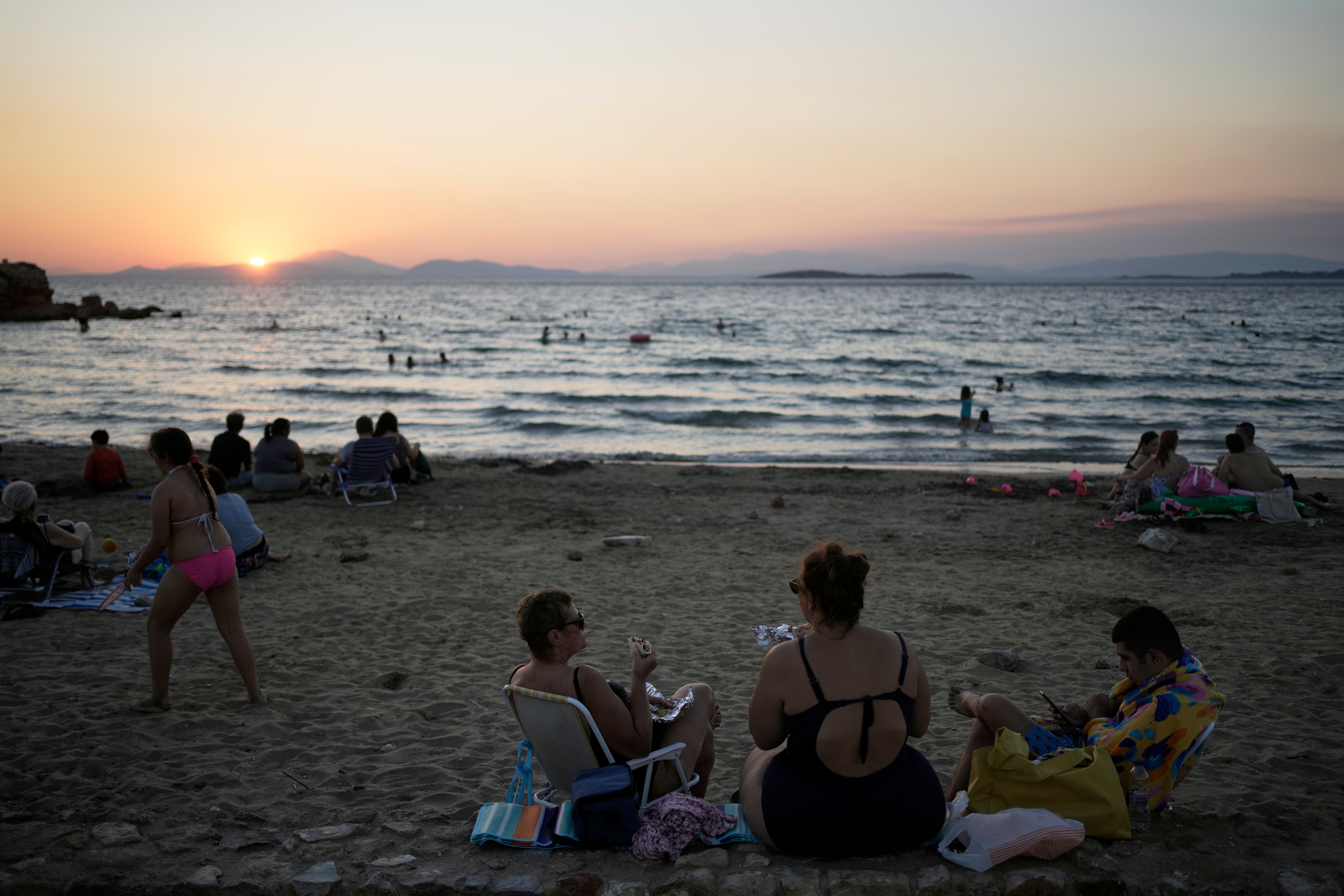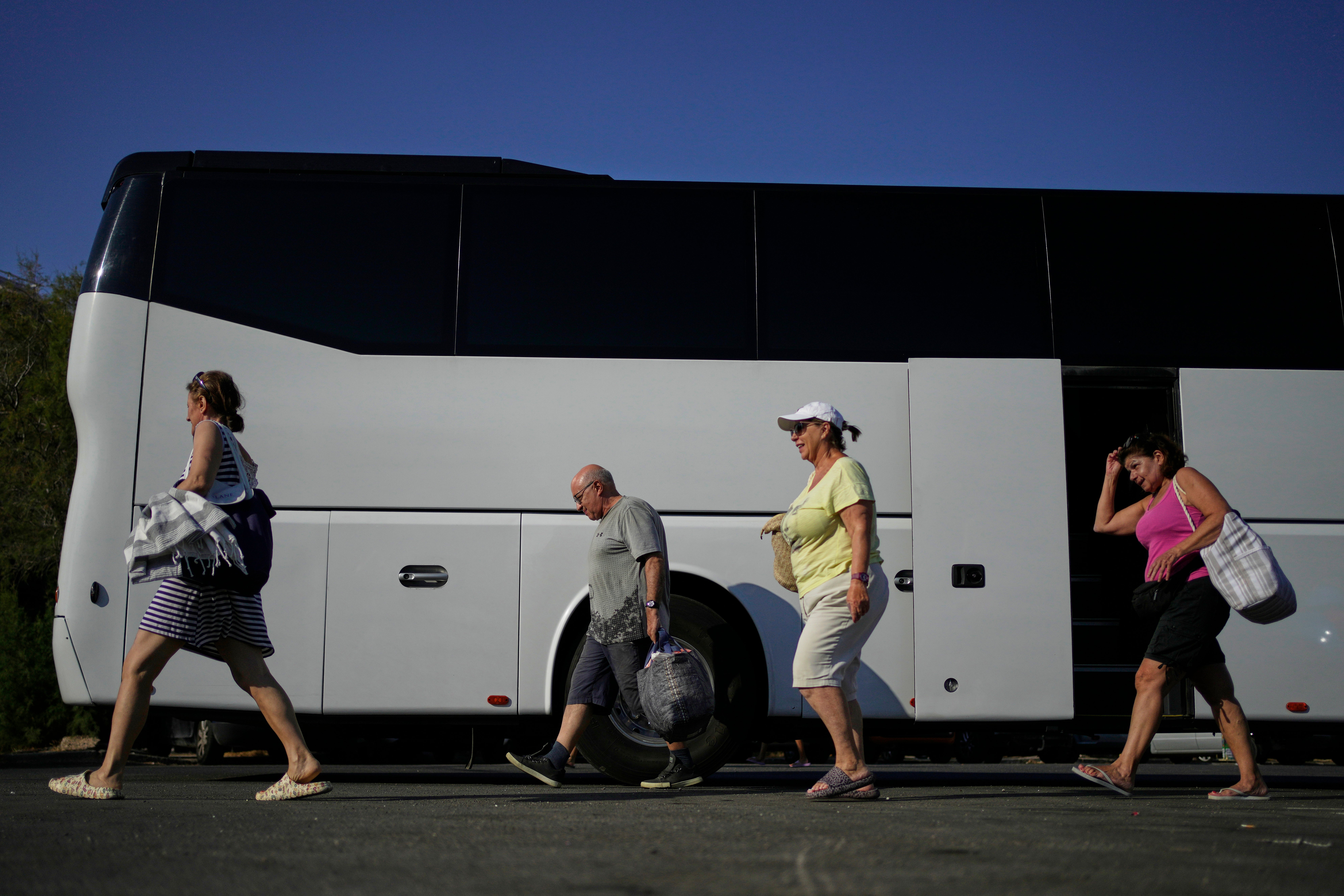Armed with a bus coupon, Diamantoula Vassiliou embarked on a four-hour journey to Avlaki Beach, an hour north of Athens. She was among thousands making similar excursions this month, often with plastic coolers and homemade lunches – the hallmarks of summer holidays in leaner times for many Greeks.
“We come here because there’s no money,” explained Ms Vassiliou, for whom day trips have replaced week-long vacations for four years. This stark reality contrasts sharply with Greece’s booming tourism industry.
The nation’s crystalline waters have transformed it into a source of envy-inducing Instagram posts. Foreign arrivals this year are expected to be up to four times the country’s 10 million population, matching 2024 data. Yet, many Greeks are watching from the sidelines, a direct result of surging prices and slow wage growth.
European Union data reveals that almost half of Greeks were unable to afford a one-week holiday last year, marking the second-highest rate in the bloc after Romania. This compares with about one in three for Italy and one in five for France, representing only a modest improvement from 2019, the year after Greece’s crippling financial crisis ended.

Luxury resorts have crowded out the budget guesthouses and campsites that once made pricey destinations like Santorini, Mykonos and Paros accessible to Greek families.
Tourism is the bedrock of Greece’s economy, directly supplying around 12% of the country’s output. But as businesses increasingly cater to foreign visitors, many no longer close during the summer, preventing local workers from taking a break.
Among them is Iosif Solanakis, who on a windless August afternoon waited at the foot of Athens‘ Acropolis for customers to take a tour on his electric buggy.
“The money I make in the summer has to keep me going in the months when there isn’t much work,” he said, laughing. “I only get to sample the sea whenever I can grab a few hours off.”

